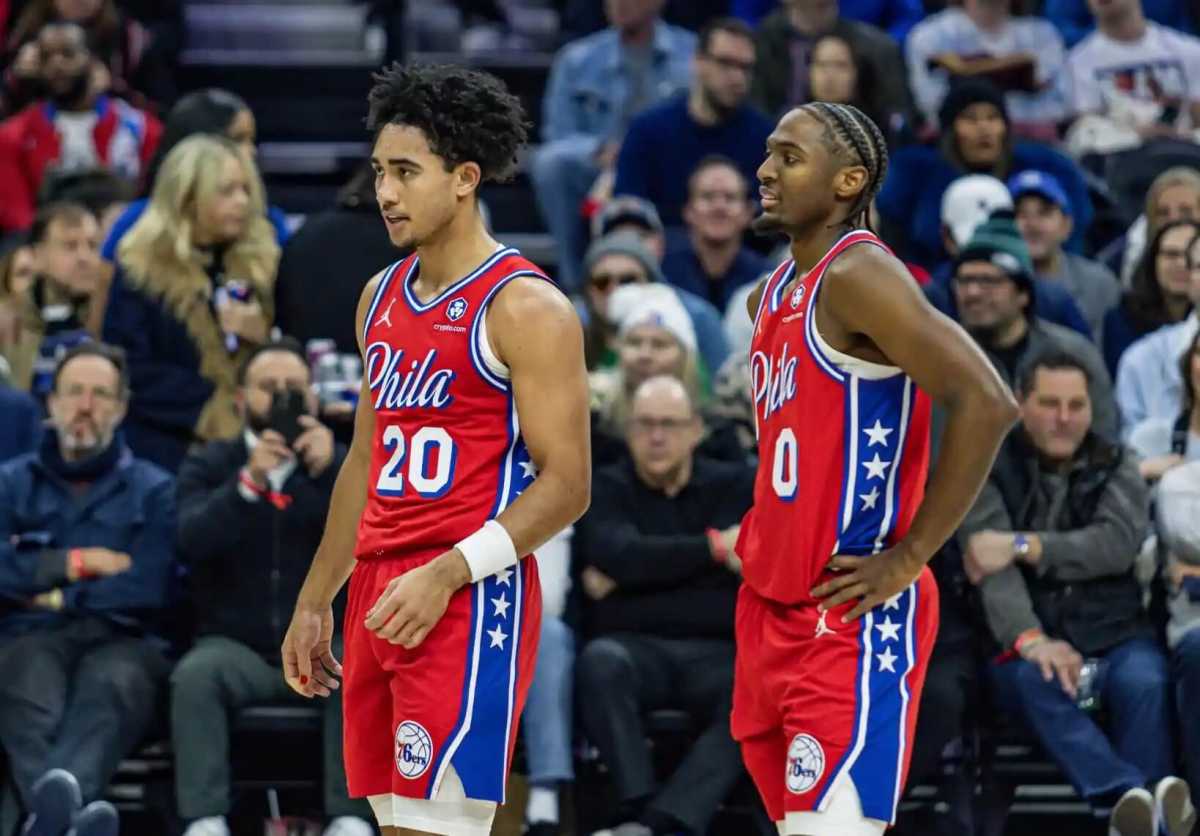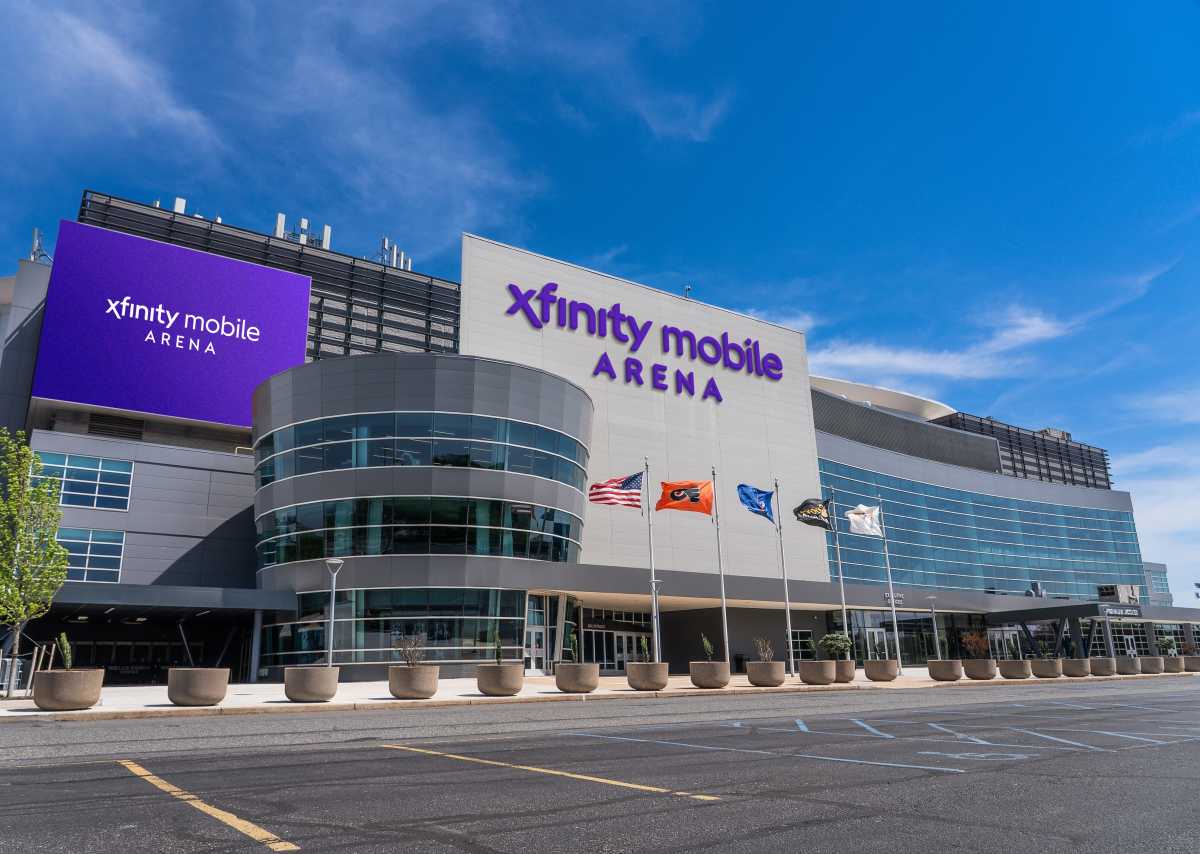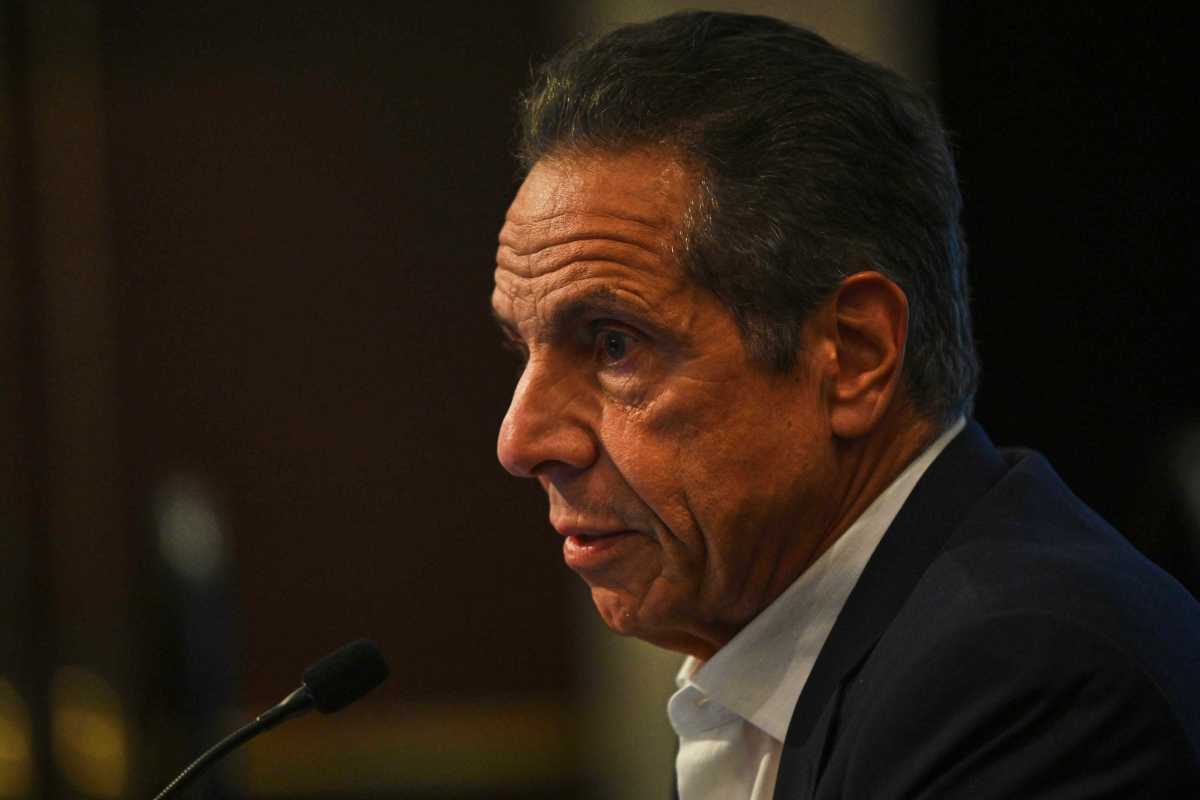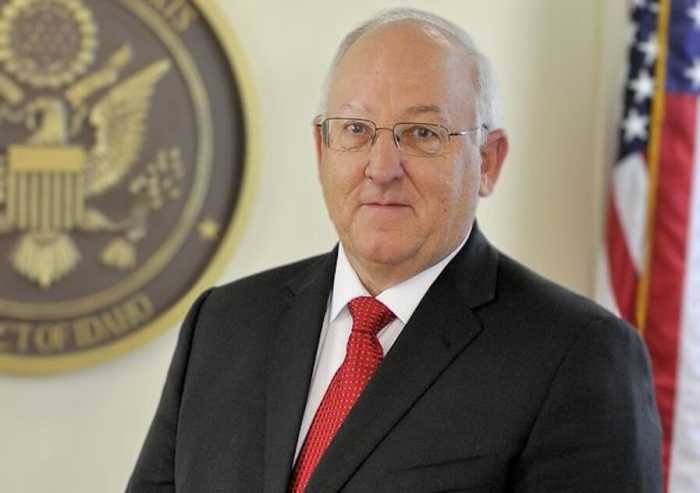Higher education students and advocates continued their quest to make public colleges and universities free or debt-free in Massachusetts by asking lawmakers to start by providing one full year of tuition and fees at community colleges, state universities, and the University of Massachusetts system.
Public Higher Education Network of Massachusetts (PHENOM) representatives testified in support of a bill filed by Rep. Sean Garballey (H 3000) that would create a Finish Line Scholarship Program that would provide “the entire cost of tuition and fees for one year other than the first, in a program leading to an associate’s or bachelor’s degree at a Massachusetts public college or university” to Massachusetts residents whose family income is less than twice the state median family income.
“It is something that we can do now to address the most pressing problem that we’re facing, which is that there are students who are going to our schools for two or three or fours years, taking on $15,000 or $20,000 in debt, and then they’re leaving without a degree,” Zac Bears, PHENOM executive director, said. “We’re putting them in this position where they’re having to pay back these student debts but they’re not having the degree they need to get the access to the job and career that they were hoping to get.”
Bears said the program would be an important first step towards the goal of free or debt-free higher education in Massachusetts.
Sen. Jamie Eldridge on Thursday testified on a bill (S 681) that would provide a free public college education for any student from a family earning less than $200,000 per year — covering the cost of tuition, fees, housing and transportation, Eldridge said.
“Clearly it’s a bold bill,” he said.
Others who testified in favor of free or debt-free higher education pointed to the 4 percent income surtax on income over $1 million that is expected to be on the 2018 ballot and a proposed tax on certain higher education endowments as sources of funding to pay the costs of free public higher education, which Bears pegged at between $500 million and $700 million annually.
The question of cost was top of mind for Higher Education Committee co-chair Rep. John Scibak, who ran down a list of questions he had for supporters of the free or debt-free higher education bills before inviting the first person to testify.
“Question number one is, how are we going to pay for this? Question number two is … do you feel that there should be some criteria, specifically minimum GPA to be eligible or remain eligible for free tuition? Number three, should we be considering something like New York in terms of a cap on minimum income? Number four, if we’re doing tuition assistance or free tuition, should it be first-dollar or last-dollar?” Scibak said. “Those are some of the concerns that are being raised and talked about in other states.”
Bears and Rep. Natalie Higgins, who before being elected to the House in 2016 served as executive director of PHENOM, said their preference would be to have a first-dollar program — in which the aid from the state would be provided before grants, scholarships and other aid is taken into consideration.
“How we have to do it is through a first-dollar program with a very high income cap, if you have an income cap at all, and as low a GPA limit as possible,” Bears said.
Bears said the program could be funded through a “combination of revenue generators,” including the income surtax, revenue generated by casinos and a tax on large endowments — a proposal which the Association of Independent Colleges and Universities in Massachusetts has knocked as unconstitutional. Of the three options, only casino revenues are currently on the lawbooks, but casinos have yet to open.
Gov. Charlie Baker and Boston Mayor Martin Walsh in May announced a tuition-free college program available to Boston residents, while the Democratic mayor of Newton angling to take Baker’s job next year is running with a platform that calls for free public college for all Massachusetts residents, “just like high school.”
“We were the first state to recognize that all children need an education, but somehow we’ve gotten stuck on this idea that education begins with preschool and ends in 12th grade,” a page on Setti Warren’s campaign website reads. “Massachusetts can once again stand at the forefront of national progress on education by making public colleges free.”

























